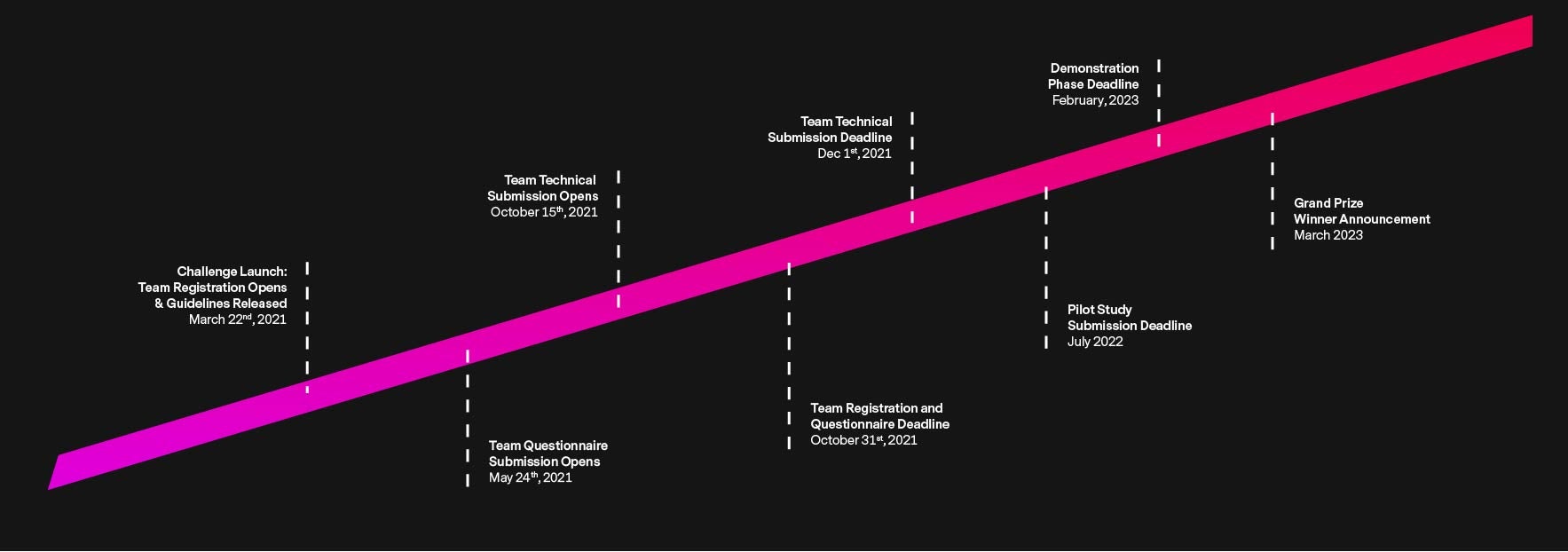Digital Learning Challenge
Phase
Concluded

Digital Learning Challenge
$1 Million
Prize Purse
The goals of the $1M Digital Learning Challenge are to modernize, accelerate, and improve the ways in which we identify effective learning tools and processes that improve learning outcomes.
Sponsored by
The Institute of Education Sciences (IES) is the independent and nonpartisan statistics, research, and evaluation arm of the U.S. Department of Education. Their mission is to provide scientific evidence on which to ground education practice and policy and to share this information in formats that are useful and accessible to educators, parents, policymakers, researchers, and the public.

Overview
The Impact
The Digital Learning Challenge will enable experiments of frequency, scope and scale not possible through traditional methods used in education research or commercial EdTech processes. These experiments will transform our understanding of successful educational processes and result in better experiences and outcomes for all learners.
XPRIZE is thrilled to partner with IES to reward Ed tech and digital learning trailblazers who can demonstrably show via rigorous, replicable studies that their tools and platforms intended for the classroom environment can effectively promote learning and assess learning outcomes for all.
- Dr. Monique Golden
The Challenge
Incentivizing the development, demonstration, and deployment of an infrastructure for conducting experiments in learning contexts has the potential to improve our understanding of what works in education, while saving time and improving learning outcomes for millions of students.
How to Win
- Conduct an Randomized Control Trial (RCT) or Quasi Experimental Design (QED) using any meaningful and substantive educational intervention
- Systematically replicate the experiment at least five times in no more than 30 days
- Replicate the experiment within at least three distinct demographics
Prize Activity
